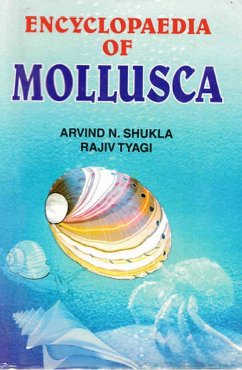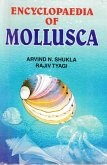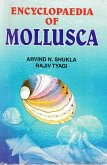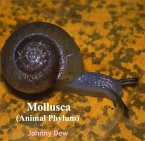Members of the phylum Mollusca are among the most conspicuous invertebrates and include such familiar forms as clams, oysters, squids, octopods and snails. During the last 18th and 19th centuries, when natural history occupied the time of many well to do gentlemen, shell collections were as popular as today. Such collections, often containing species gathered from various parts of the world, have contributed considerably to our knowledge of the phylum. In abundance of species, mollusca comprise the largest invertebrate phylum aside from the Arthropoda. Over, 1,00,000 living species have been described. In addition, some 35,000 fossile species are known. The Term Mollusca (L. mollis = soft)mean soft bodied and for the first time coined by Aristotle in his famous Historia Animalium to describe various kinds of cephalopods and gastropods. The term Mollusca was used by Jonston (1650) to include cephalopods and barnacles. Phylum Mollusca is divided directly into five classes-Amphineura, Gastropoda, Scaphopoda, Lamellibranchia and Cephalopoda, by Paseneer (1892) has remained standard ever since. This encyclopaedic work in three volumes is designed to present entire vital information on Mollusca. Profusely illustrated in the light of latest researches, this work is a dependable reference work for students and researchers in the discipline.
Dieser Download kann aus rechtlichen Gründen nur mit Rechnungsadresse in A, B, BG, CY, CZ, D, DK, EW, E, FIN, F, GR, HR, H, IRL, I, LT, L, LR, M, NL, PL, P, R, S, SLO, SK ausgeliefert werden.









